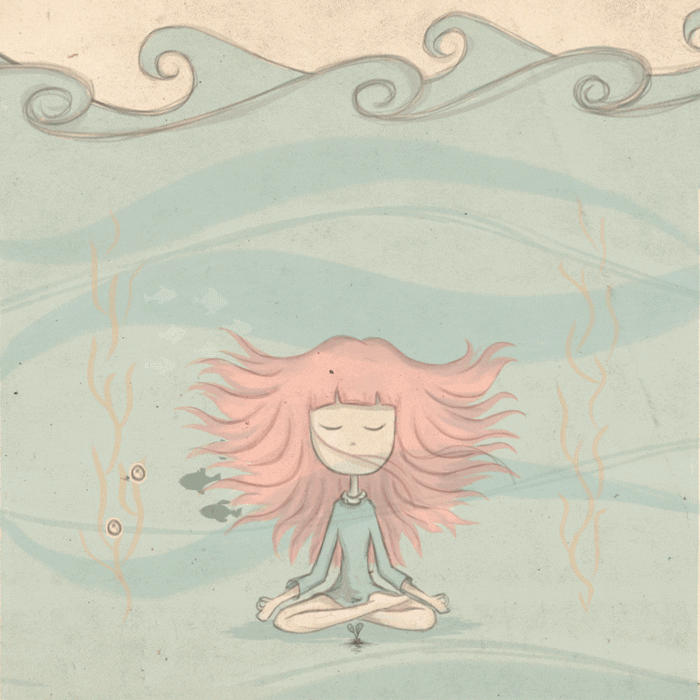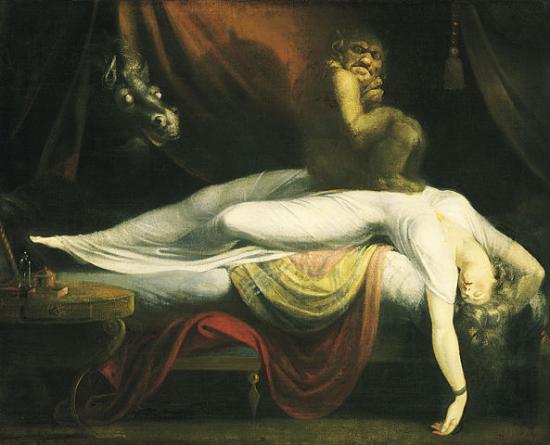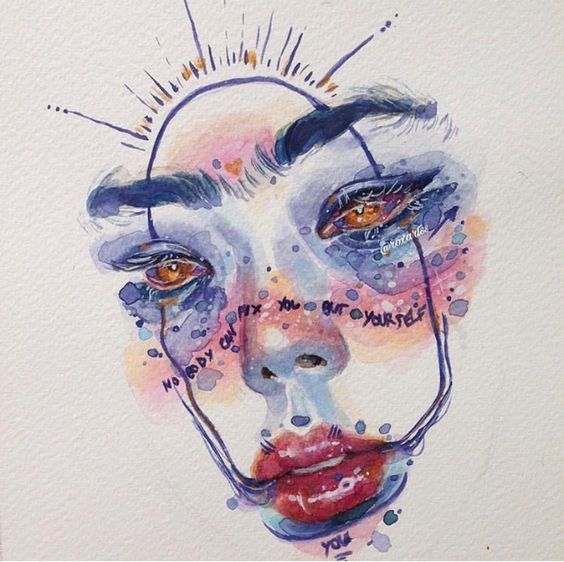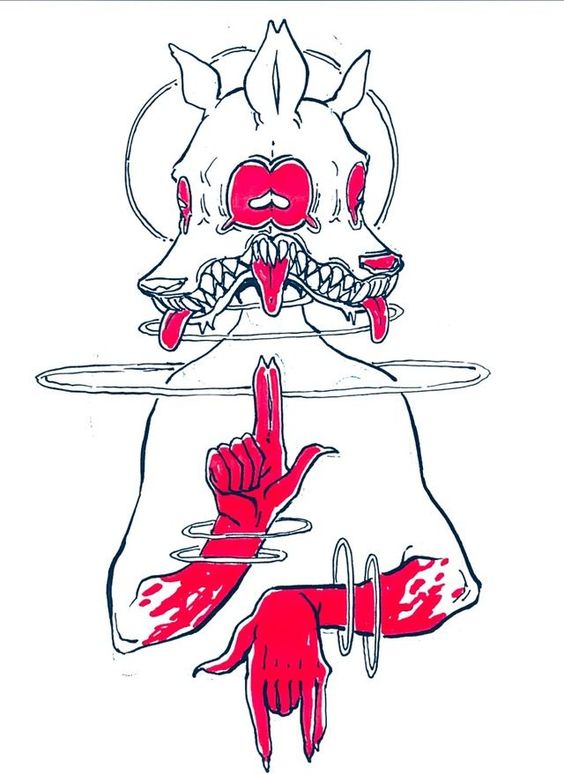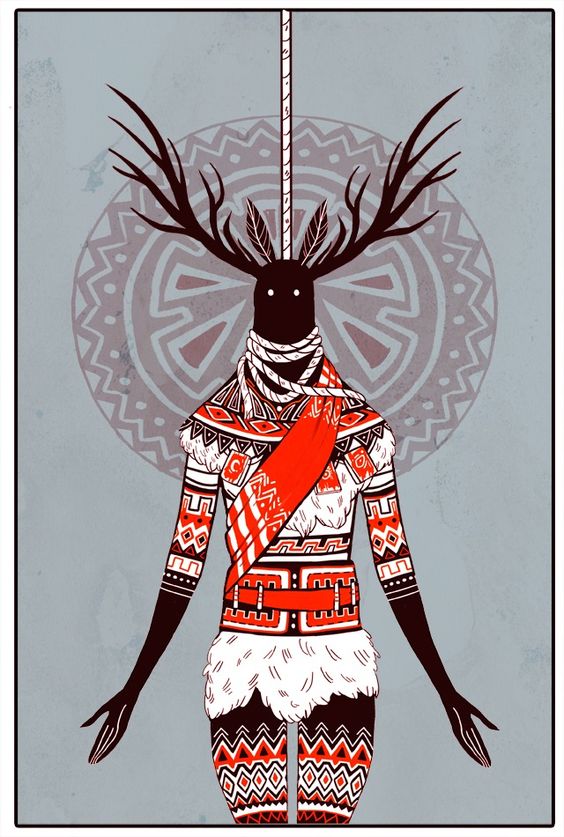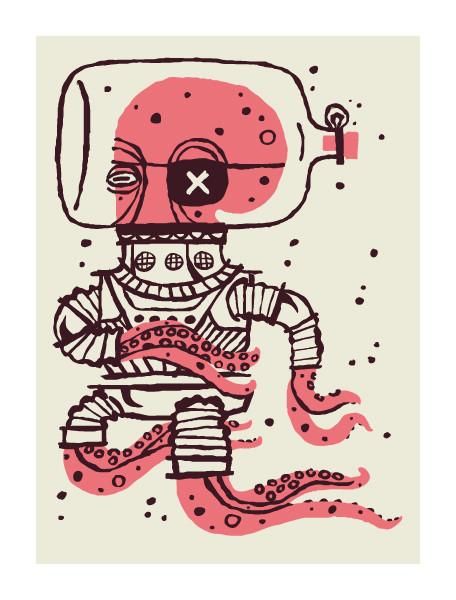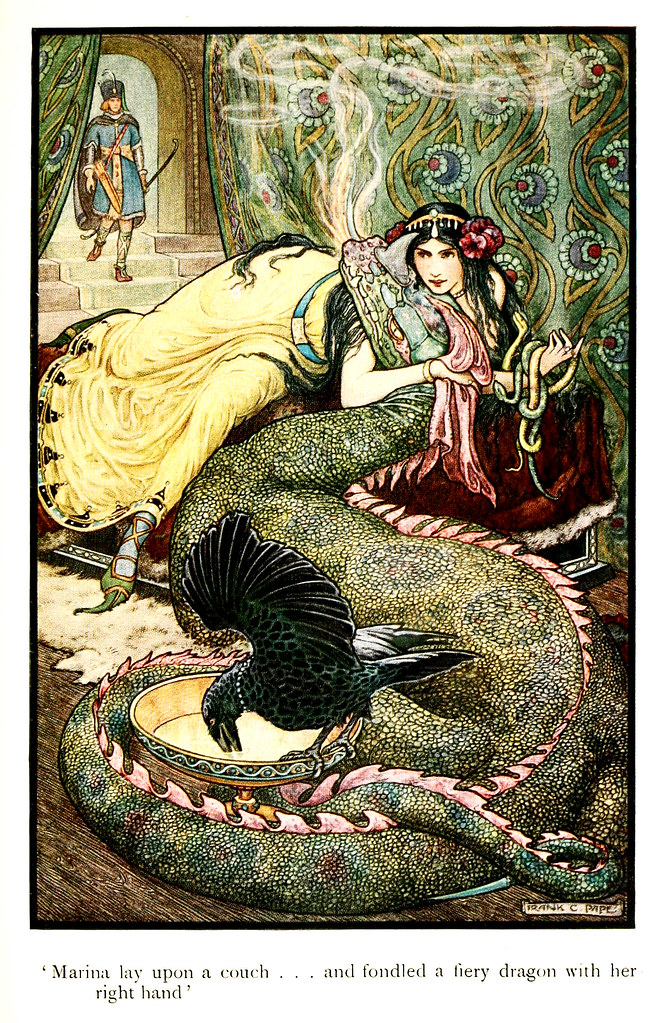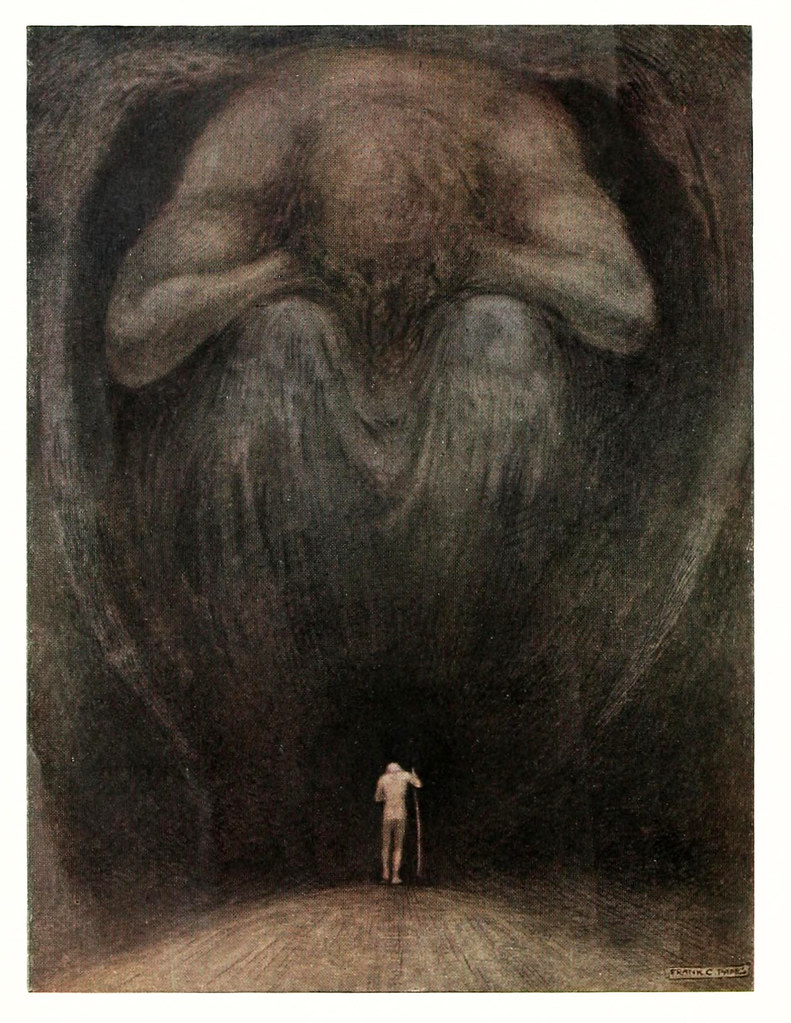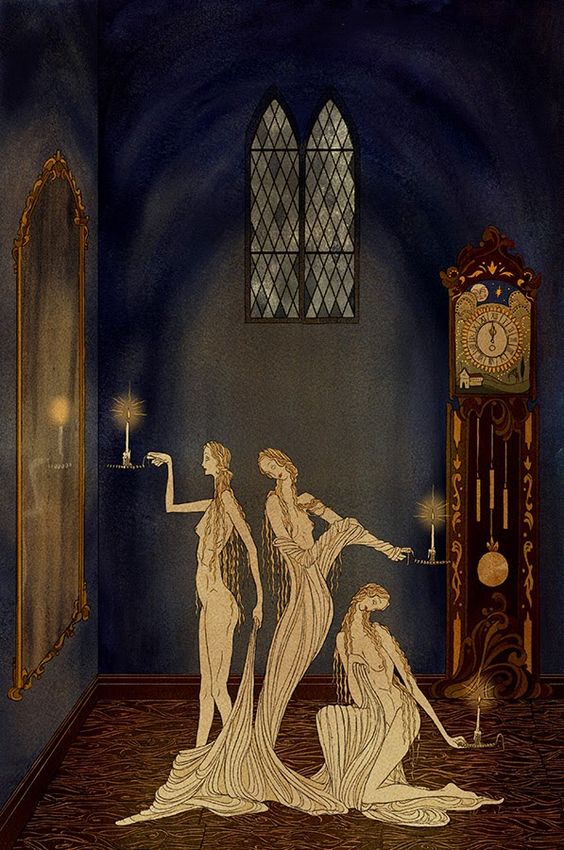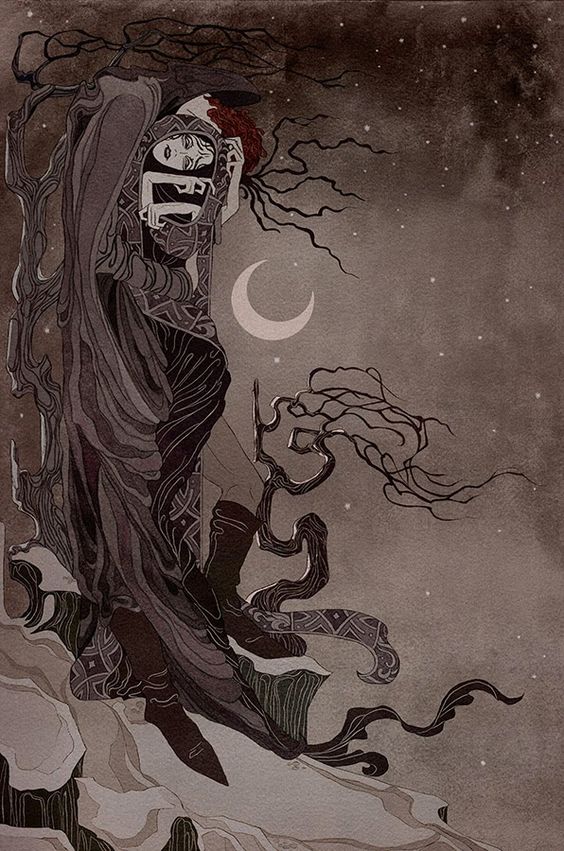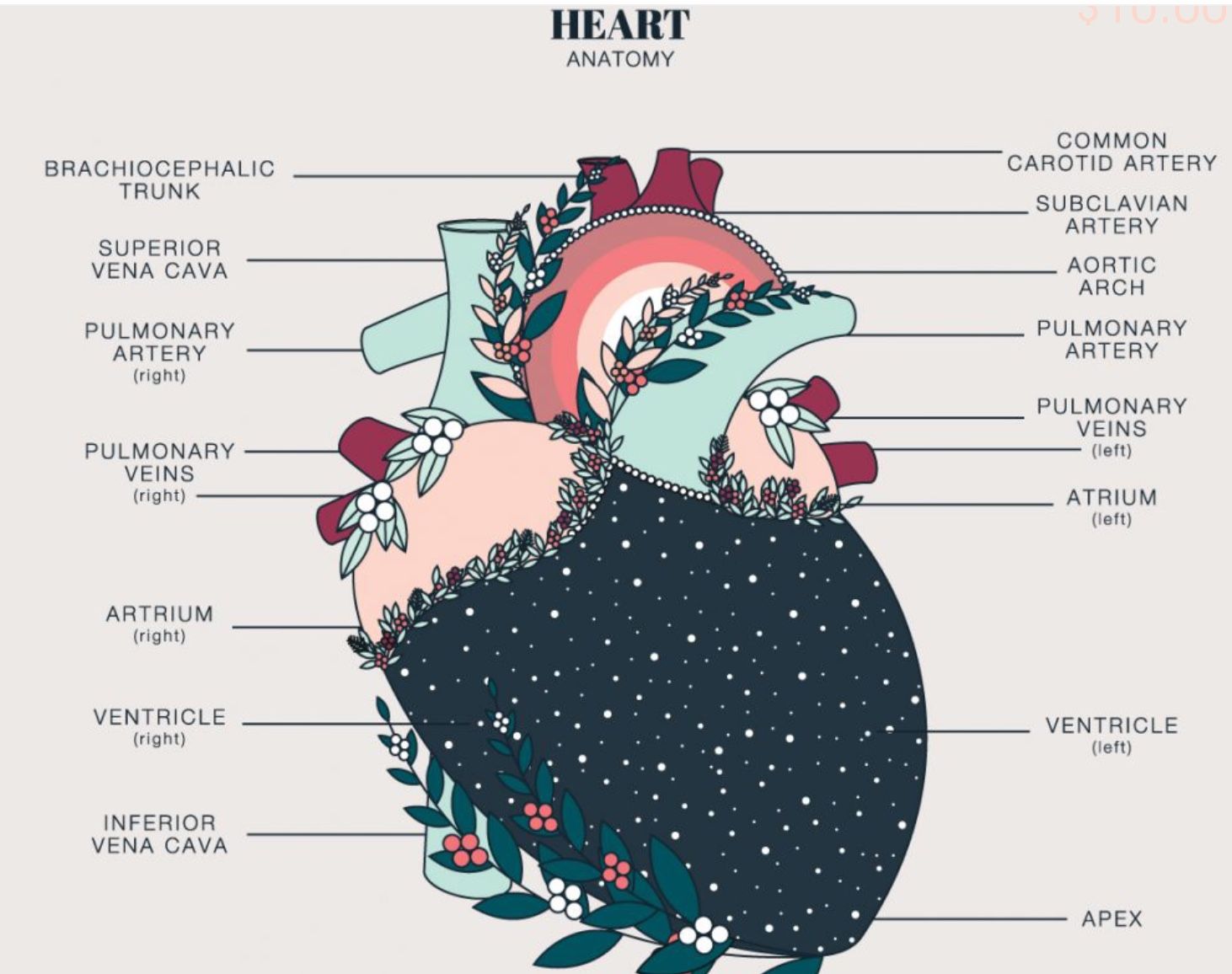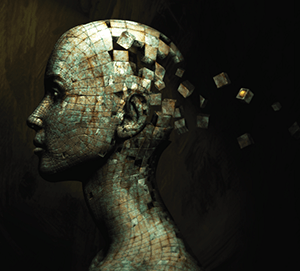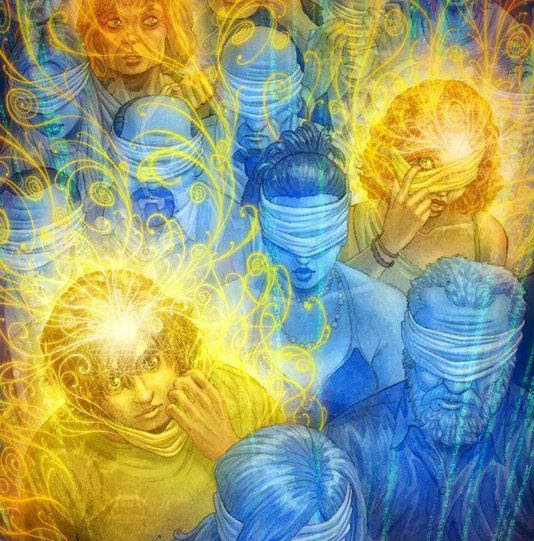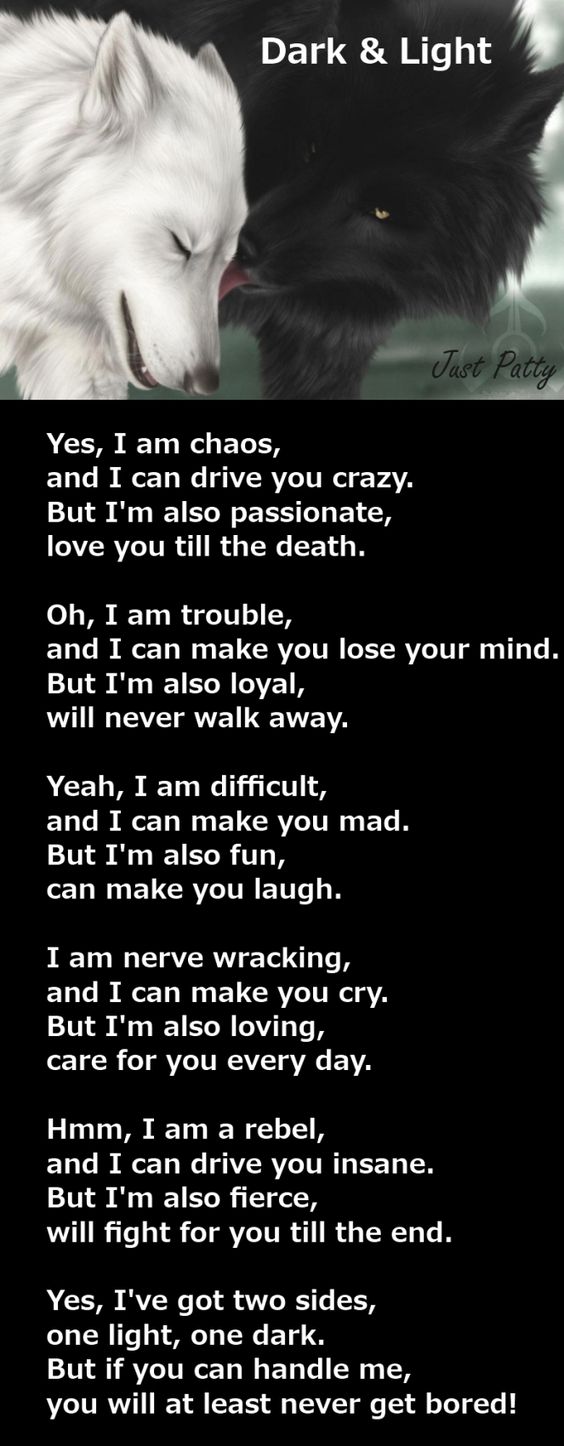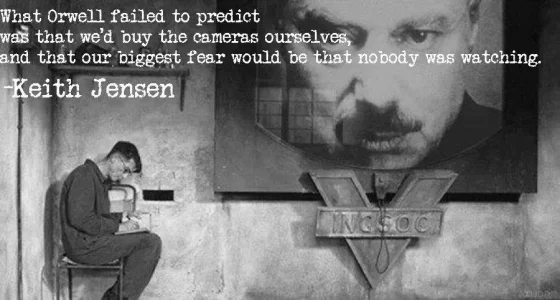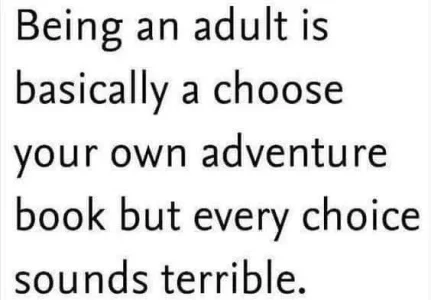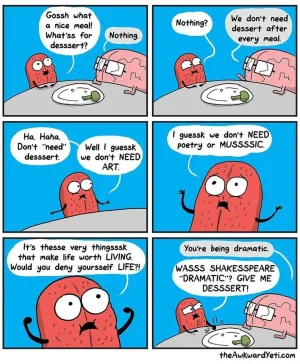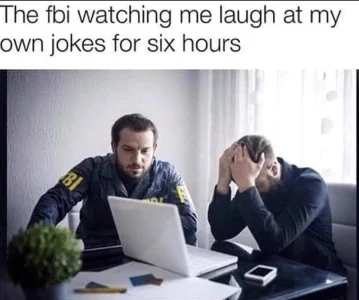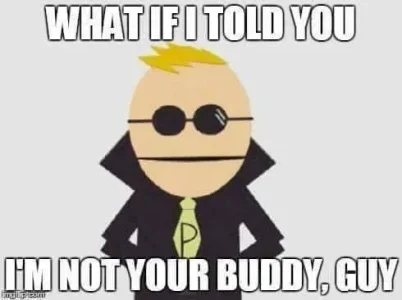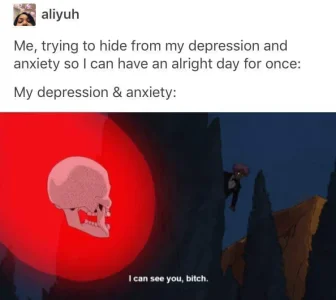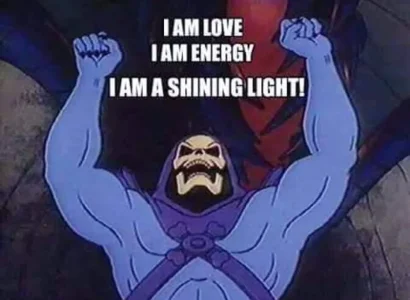What struck me very much was the parallel between doorway thresholds and the threshold between asleep and awake.
Yes...I can picture that.
As a child who had night terrors ever single night (some I would classify as OOBEs, others just lucid nightmares), the line between awake and asleep was very often blurred...where something would chase me as I ran back to my bed for example and at the moment I reached it I would wake and start seeing things in the dark and scream my fucking head off.
But then I figured out how to just jump back to my body and force my eyes open even while the dream was fading.
That’s when it all stopped.
At least as a nightly occurrence.
But that wasn’t until after several years of this BS.
You would think I would have more of an aversion to reaching out to certain states of mind after those kind of traumatic childhood experiences but it seemed to only deepen my interest - I was the only 2nd grade child checking out one of the four paranormal books the school library had and asking my parents about ghosts (who of course said - of course they aren’t real)
(But our church says we have a spirit...so?)
I had no one to really discuss it with or get answers of any sort from...which made me withdrawn.
But yes...some very significant dreams have involved doorways.
I wonder what he is seeing...what is the glitch?
Or is he seeing something we normally don’t...or forget how to see as we stop being children?
Either way...I’m sorry...I know how difficult it is.
My own father had brain tumors that affected what he perceived sometimes...he could usually tell the difference but he would let you know what he was seeing - “Looks like the bed is covered in blue flames....that’s trippy.” type stuff.
Much love John, take care.


